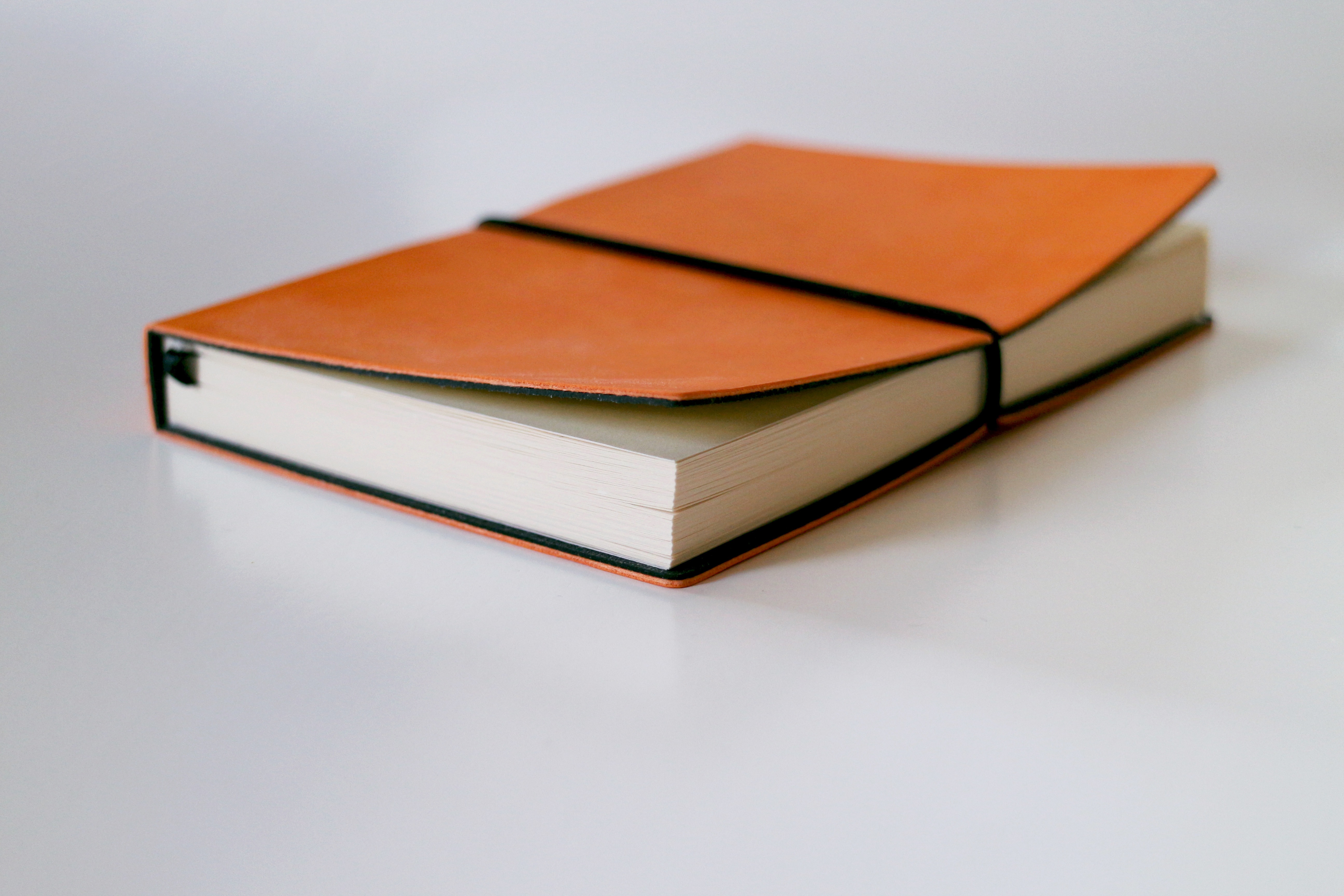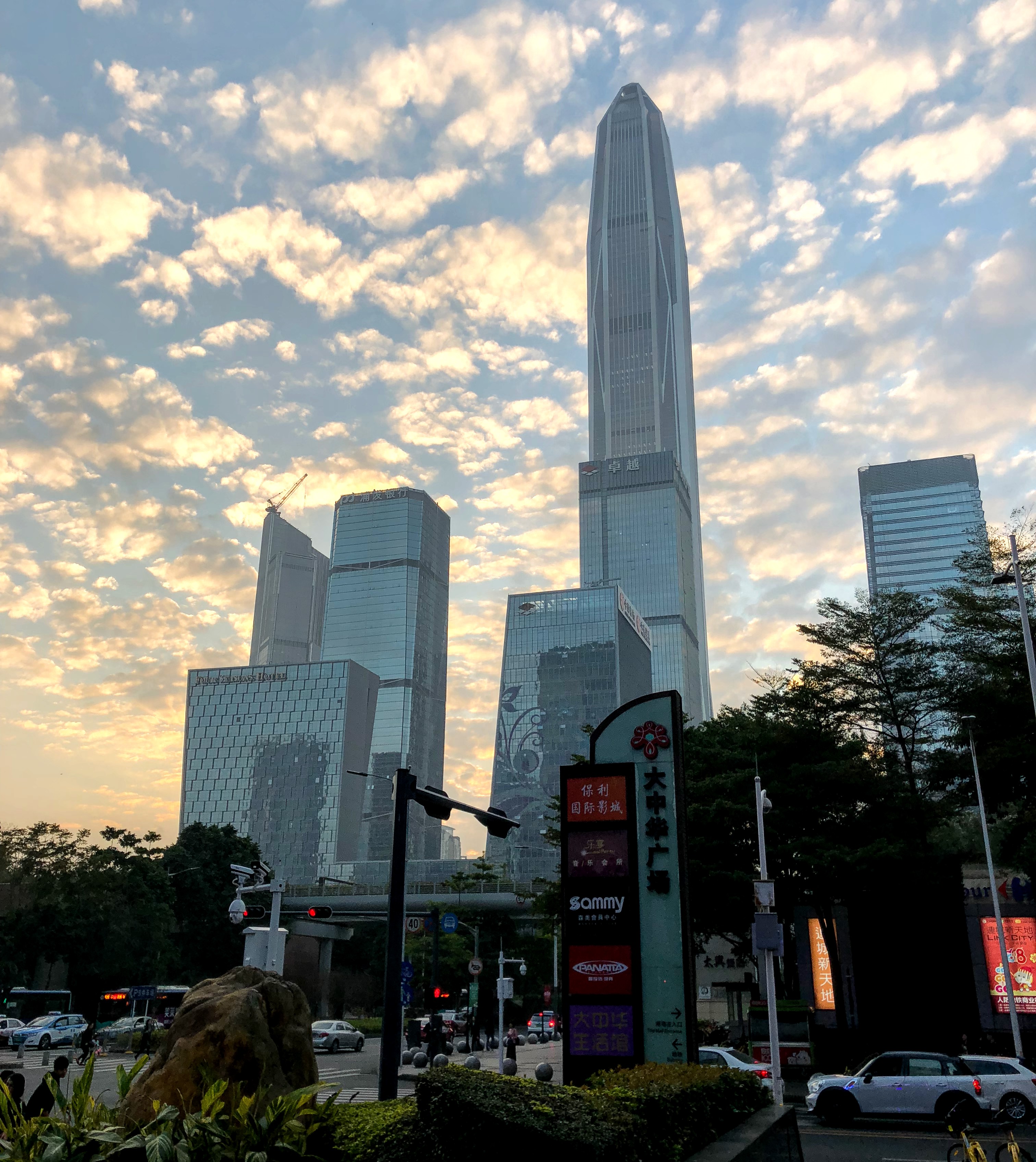On November 3rd, 2023, the Premier of the State Council, Li Qiang, chaired a regular meeting where the “Implementation Regulations of the Patent Law of the People’s Republic of China (Revised Draft)” was reviewed and approved. This is great news, as we have been waiting quite some time for these Regulations (Rules) to be approved (see our previous article summarizing the draft Implementation Rules). Considering the 4th Amendment of the new Chinese Patent Law was passed in October 2020, we have certainly been waiting a long time for more details about how this law will be implemented. This document is not publicly available yet. However, the announcement provides a summary of…
-
- China, China Patent Office, CNIPA, Examination Guide, Inventions, Patent Law, Patent Term Adjustment, PTA, Updates and Changes
CNIPA further clarifies how it counts “delays” when calculating Patent Term Adjustment (PTA) in the new Draft Examination Guidelines and how it affects international applicants
At the end of October 2022, the China National Intellectual Property Administration (CNIPA) released a new draft amendment of the Patent Examination Guidelines[1] (hereinafter referred to as the “New Draft”) to the new Chinese Patent Law that came into effect in 2021. We highlight two key amendments below. 1. The starting date for calculating PTA (the “date of requesting for substantive examination”) has been amended from the date when the CNIPA issues a “Notice of Entering the Examination Stage” after receiving the substantive examination request to the date on which the substantive examination request is filed AND the examination fee is paid in full in accordance with Rule 113 of…
- China, China Patent Office, CNIPA, Examination Guide, Invalidation, Patent Law, Proposed Changes, Updates and Changes
Foreigners Beware: China Proposes Requiring IP Made Using Exported Chinese Genetic Resources to be Co-Owned by Chinese Collaborators
Proposed Examination Guidelines for the New Chinese Patent Law – Topic 2: Genetic Resource Restriction How Will the Tightened Genetic Resource Restrictions Affect Your IP In 2019-2021, China’s Ministry of Science and Technology (“MOST”, or the Science Ministry) established several laws and regulations with respect to biosafety[1] and human genetic resources management[2] (collectively referred as “biosafety laws” herein for simplicity), namely to restrict (1) the collection, use and exportation of genetic resources as well as (2) the collaboration and sharing of genetic resources with foreign entities. To integrate the new biosafety laws and the country’s various regulations, the CNIPA has incorporated some additional updates regarding the genetic resource requirements in…





